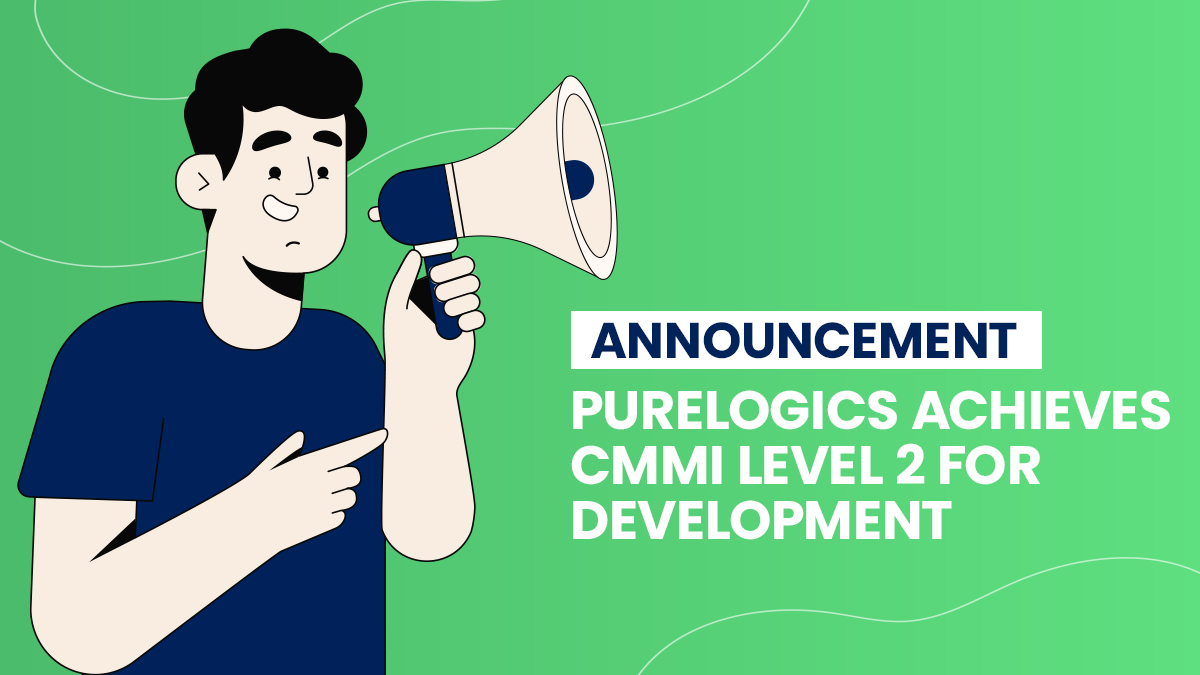Recruiting the best talent for your organization is one thing but getting your teams to perform is an entirely different story. You cannot simply hire people and expect them to perform without putting effort in turning a bunch of random individuals into a ‘team’.
In programming, as in physics, there are laws. So the first question you face here is, what is an efficient team, how to create it and how it affects the performance of the company?
The performance of any company depends critically on its team. A team’s performance, at any level, depends on its ability to accelerate – to work with a growing pace, doing something that once took months a few weeks, and what used to take weeks, in a few days. Encourage the team not only to achieve results faster, but also to gain skills that allow them to take on new challenges.
All teams, regardless of their level of performance, must set goals, determine the vision, distribute tasks, to complement each other, and get rid of ineffective members. Motivate the team to do things faster. After making just a few changes in daily operations, any company can increase the performance speed and effectiveness of their teams.
According to the research there are 16 factors that can help organizations to identify team goals; the ability to manage teams and take responsibility; behavior (eg, how they solve conflicts); the ability to build strong relationships; the ability to continuously renew itself.
1. Readiness to accept failure and learn from it
Effective teamwork depends on whether the team has new ideas and whether its working at the perfect pace. Encourage the team to take risks, and be flexible, finding out quickly what works and what does not. Successful teams adapt slowly and tend to avoid the risk of sacrificing innovation for security purposes.
Antidote
Faced with the need for complex solutions, teams must calculate very precisely what can go wrong and why. Teams should also formalize the feedback process – what they have learned from the mistakes. If this knowledge is available to the public, they can act faster.
Teams can also borrow the principles of agile software development: continued cooperation and gradual improvement.
2. An effective team receives and implements new knowledge
Effective teams get ideas from a variety of sources, prioritize active learning and achieve efficiency. Encourage the team not only to push the boundaries of what they know, but also to set the pace of adaptation and implementation of what they learn.
Antidote
Teams can conduct workshops, seminars and reviews of the latest actions where participants can share what they want to know, allowing them move faster next time. Also encouraged to nominate “raw” ideas to ensure their learning and development as a result of the discussion.
3. The members of an effective team disagree with each other
Encourage the teams to participate in discussions and provide highly supportive candid feedback. Low-performing teams are often involved in the conciliation and dutifully carry out instructions of the dominant leader.
Antidote
In order to counteract the tendency to maintain an artificial equilibrium or individual leadership, team can legitimize dissent, creating the role of “devil’s advocate”, which goes from one team member to another.
In addition, it is possible to have an independent “red team” (an independent group, which casts doubt on the activities of the organization, thereby helping to improve the efficiency), to act as a fictitious enemy and challenge untested assumptions.
4. An effective team is ready to rethink information
The effectiveness of the team depends on whether the employees are hatching new ideas, whether they are experiencing growth. Allow the team to systematically track what is going on both outside and inside the organization and collect and process data that reinforce their status quo.
Low-performing teams are focused on themselves, focused on their own processes and are often caught off guard by circumstances and their consequences.
Antidote
Teams must have structured methods of planning military operations. No matter how invincible it looks, the company should periodically conduct a systematic study of start-ups, within and outside the team to the industry.
5. An effective team puts the client at the center of everything
Effective team work is possible if employees are absorbed in the customer experience, participate in joint innovation activities with them and build the performance evaluation system around the customer. Low-performing teams do not build their internal processes and metrics based on customer’s needs and receive little feedback from them.
They are worried about the financial performance and internal purposes and, as a rule, try to throw off the responsibility when problems arise. Effective teams are able to benefit from brainstorming and innovation. Often they work closely together, literally side by side with clients. Teams that cannot literally bring customers into their negotiation, should make decisions as if customers were present.
Improving the ability of the team to perform is not effortless – old habits die hard, and successful leaders cannot see any need to change the way they manage their team.
The main thing is to allow the team to try new ideas and put speed above perfection. By reducing the differences, teams can increase their chances to achieve faster productivity gains and their chances of improving the efficiency will all increase.
How does your team perform? Share in comments.


 [tta_listen_btn]
[tta_listen_btn]
 November 18 2016
November 18 2016






